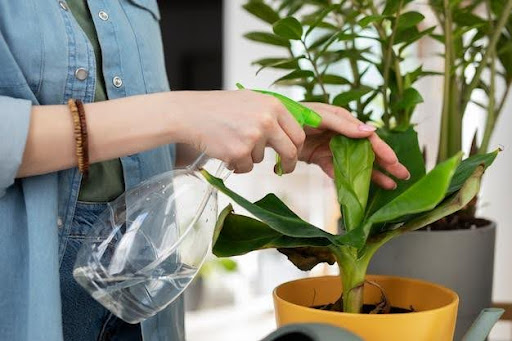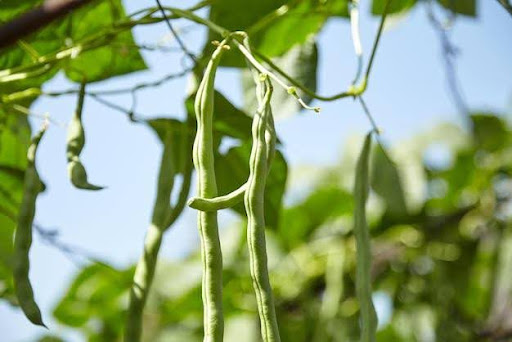Nutrient Requirements for Healthy Bean Plants: The Details of the Extra Food
All plants need extra nutrients to grow well, so paying attention to the proper nutrient requirements for healthy bean plants is crucial. You need to do the extra feeding carefully when it comes to beans. They need potassium, phosphorus, and nitrogen, and yet, they only need a little. Too much feeding them will lead to issues, like insect infestation or disease issues. So, what nutrients do beans need?
General Facts

Do you know that bean plants appreciate soil with average fertility? If it’s too much (especially for the nitrogen), it will lead to few pods and leafy plants. In general, a light application should be enough. With only 5-10-10 of fertilizer that is given during planting time (which you can provide with ½ cup) for 25 feet row, it should be more than enough.
Nitrogen Nitrogen is vital for bean plants as it plays a crucial role in their overall growth and development. It aids in the formation of chlorophyll, which is essential for photosynthesis, the process through which plants convert light energy into chemical energy. Nitrogen also contributes to the synthesis of proteins, enzymes, and nucleic acids, all crucial for plant growth. The lack of nitrogen can cause stunted growth and reduced yield. Go with well decomposed manure or compost.
Phosphorus Phosphorus is quite important, especially for the initial growth period, including flowering time. It facilitates root development, flowering, and fruiting. Phosphorus is also involved in energy transfer within the plant, aiding in various metabolic processes. Lack of phosphorus can result in poor root development and delayed maturity. Consider using rock phosphate or bone meal.
Potassium Potassium is crucial for bean plants as it regulates water uptake and improves drought tolerance. It also aids in the synthesis of carbohydrates and proteins, enhancing overall plant vigor and disease resistance. The lack of potassium can cause weak and flimsy stems, not-so-good quality, and the ease of being exposed to pests and diseases. To supplement potassium levels, apply potassium-rich fertilizers like wood ash or potassium sulfate.
Calcium Another nutrient requirement for healthy bean plants is calcium. It will reduce the risk of diseases and disorders such as blossom end rot. It also helps in nutrient delivery for the plant. Calcium deficiency can result in distorted growth and poor fruit quality. To prevent calcium deficiency, maintain soil pH levels within the optimal range (around 6.0 to 7.0) and incorporate calcium sources such as gypsum or limestone into the soil as needed.
Magnesium Magnesium is an important part of chlorophyll, which is vital for photosynthesis. The plant needs it for energy transfer (happening inside the plant) and also enzyme activation. Magnesium deficiency can cause yellowing of older leaves and reduced photosynthetic efficiency. Ensure an adequate supply of magnesium by incorporating magnesium-containing fertilizers like Epsom salt into the soil or through foliar application.
Micronutrients Let’s not forget about other micronutrients. These micronutrients include iron, zinc, manganese, copper, boron, and molybdenum. While bean plants typically obtain these micronutrients from the soil, deficiencies may occur in soils with imbalanced pH or poor fertility. Consider conducting soil tests to identify micronutrient deficiencies and supplement, so you can be really sure about fulfilling the basic nutrient requirements for healthy bean plants.
